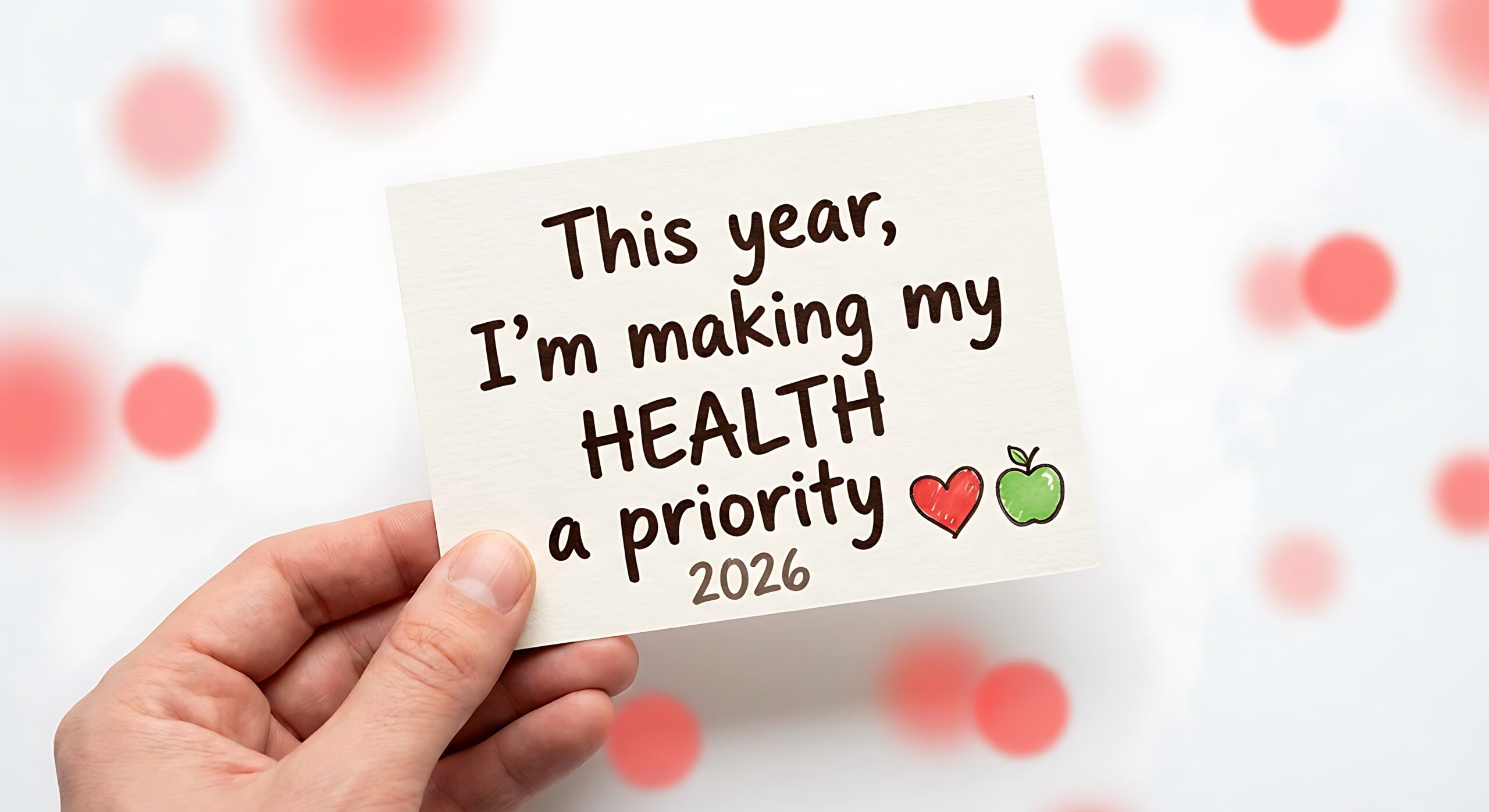Ever find yourself eating unlike your usual self in the face of stress?
It’s 2 am, you can’t sleep, and try to soothe yourself with a big bowl of cereal instead. Or maybe that project your boss asked you to tackle last-minute sent you straight to the bottom of the cheese curls bag.
Let’s keep things real—this happens to all of us! And it happened to me a few weeks ago. After a 2 am bag of tortilla chips and a bunch of cheese, I caught a few hours of sleep, but woke up with that “morning after” guilt.
How do you feel after a big snacksident? While we often see these situations with guilt and regret, the way we respond after a big binge is the moment in our health journeys that makes or breaks our progress.
So, how can you bounce back from stress eating? Here are six tips that work so well (I’ll be following my own advice this week ).
1. Identify and address the main issue
Don’t slap a small band-aid on top of a deeper cut. When stress eating, we often skip over the deeper feelings and situations that are driving this behavior (like a bad situation at work) and run straight to a physical solution.
When you find yourself stress eating, ask yourself: what’s at the bottom of this binge? What situation is driving the stress snacks?
Before we move on to some helpful physical ways to bounce back, make sure you know what the main issue is—whether that’s feeling overworked, tension with a partner or family member, a big event coming up, or concerns about money. Identifying and addressing the deeper issue will help you remove or reduce the stress in your life that’s creating this coping pattern.
2. Reset your circadian rhythms
I don’t know about you, but when I stress eat, I’m not grabbing the head of celery and bag of green apples. I usually reach for the high-carb, high-calorie, high-fat packaged snack. And there’s a reason for this.
When we’re stressed, our bodies release more cortisol (the stress hormone). When we eat junk food—packed with sugar, salt, processed carbs, and fat—the reward circuits within our brains activate and release dopamine (the pleasure hormone). All that to say, junk food physically relaxes us and makes us feel less stressed. It makes sense that we grab for it in the moments when our stress levels are at its highest.
Junk foods’ effect on how we feel, though, doesn’t end there. Even if you aren’t munching on M&Ms after midnight, eating junk food messes up our circadian rhythms and makes it much harder for us to catch a solid night of sleep.
To reset my circadian rhythms the morning after a night of stress eating, I usually grab my coffee and sit outside for 15 minutes. This helps my body get realigned with the rising and setting of the sun and correct my melatonin production (the sleepy hormone).
3. Cancel your workout
If your body is already burdened from lack of sleep, don’t overkill it with an intense workout. Exercise can give you a boost when you’re feeling low on energy, but it’s probably not going to help you after a late-night binge.
Working out when you’re sleep deprived means you most likely won’t have the energy to hit your exercises as hard. This can increase your risk of injury and potentially can cause some resentment toward exercise.
That’s a lose-lose in my book. Swap your hard exercise with a comfortable walk through your neighborhood. Add some light yoga and stretching at the end of the day, and tackle that stress with some deep breathing and meditation.
4. Maximize your magnesium
About 80% of Americans are deficient in one important mineral—magnesium. Stress depletes magnesium from our bodies even more. And low magnesium leads to even poorer sleep!
Magnesium will help you sleep better. It’ll relax that nervous system and ease your stress. Plus, it’ll help to strengthen and hydrate your body. To help your body recover after stress-eating, relax in a magnesium soak. Or add a clean magnesium supplement to your day.
5. Eat intuitively
After my night with Mr. Tortilla, I woke up feeling crappy and exhausted. The following day, I reflected on how unhealthy food made me feel in the hours afterward vs. how great I feel in the hours following a healing, satiating, and whole-food meal. There’s no question which one I like more!
Eat intuitively after a stress binge. Dial into your internal cues, like your hunger and fullness, thirst levels, and how foods make you feel. Focusing on the positive options you have instead of punishing yourself for the negative past can set you in the right mindset to move forward in a healthy way.
6. Most importantly, give yourself lots of grace
After stress eating, don’t pile more stress and punishment on yourself. Give yourself grace, and don’t listen to the inner voice trying to make you feel bad for your choices yesterday. One night will not set you back if you learn how to reset and move forward right away.
It’s taken me years to give myself grace after stress eating and the self-work has been so worth it. Intentionally focus on how you treat yourself after stress-eating. Give yourself grace, and address what your body needs today.
Keep fighting that critical inner voice!
How you treat yourself after stress eating really matters most. Learn to assess what leads to poor choices and find ways to fix the deeper issue. Help your body recover with sunlight, restorative light exercises, magnesium, and intuitive eating. And learn to give yourself grace.
One night does not make or break your progress! How you move forward will make all the difference.
Feel encouraged? I do! Let’s stick together on this health journey. It’s much harder to do it alone. Hop on my weekly newsletter for more practical health tips, healthy recipes, and my favorite workouts. Join LEAN today and not only gain the critical steps for a healthy lifestyle but also a community of supportive people on the health journey too.




